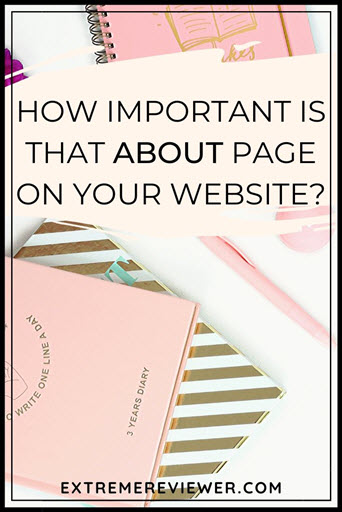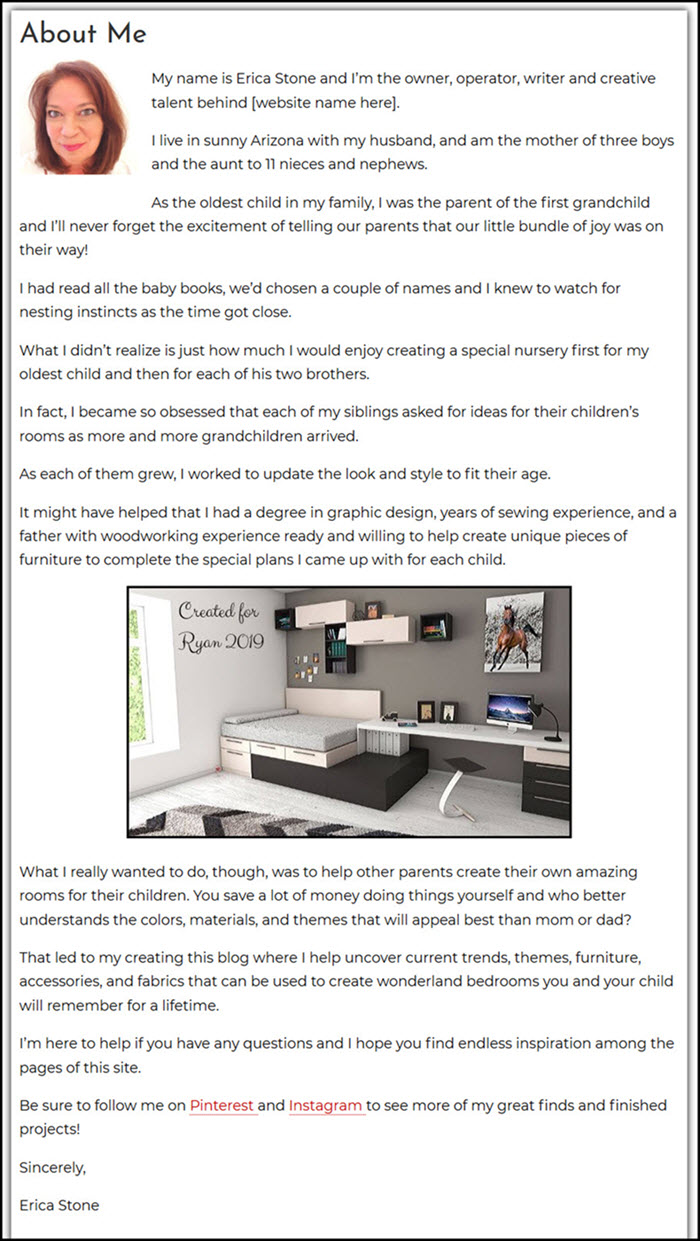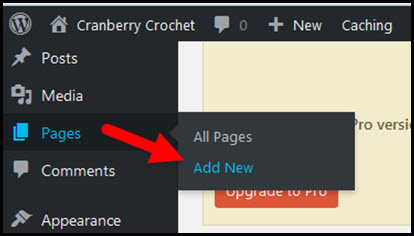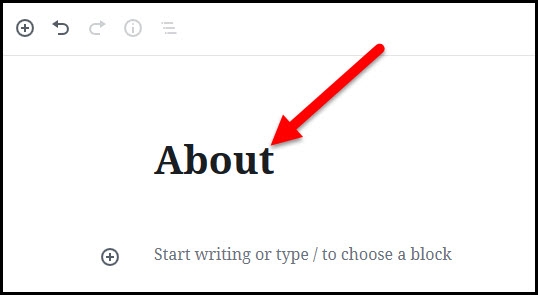
Just how important is the About page of your affiliate marketing website?
I’d never really given this much thought but it turns out it can make a big difference in how your site performs – not only in Google but at converting customers into sales.
The reasons for its impact make sense when you think about them but it’s so easy to gloss over that page in a rush to get to the content you want to create that includes your affiliate links (you know, the things that are going to make you money!).
So, we write a bit of info for that page – maybe a few sentences – and race on.
However, while doing some research for another post on this site, I came across the guidelines that Google provides to its team of raters (people who manually review websites and grade them on a number of items in order to improve search results).
I’ve seen them before but mostly browsed through it quickly. This time I decided to read the document in more detail and I came across this section:


Google does instruct its manual evaluators to LOOK for the existence of an About Page.
That tells us something – it means Google does think this is important.
Specifically, they expect to see clear information about who is responsible for the site and who created the content on the site.
That gives us something else to work with – the About (About Me, About Us) page should give identifying information about the website owner.
I know it’s common to use an alias when working online and there are many reasons for doing so. I don’t take the above to mean you have to give your real name if you are operating under an alias. I would, though, put the alias or your business name in the About page content.
The document goes on to give some reasons that webmasters create such a page and one of them is something to which affiliate marketers should pay attention and that is: High quality stores want users to feel comfortable buying online.
You may not be running a “high quality” store but you DO want your site visitors to be comfortable with your site!
One of the things I’ve mentioned before is the importance of building a site that garners trust with the visitors to that site.
If people trust your site, they trust your content, and they’re more likely to take your product recommendations seriously.
One way to earn that trust is to have an About page that clearly states who you are, explains what your site is about, and explains how your site is meant to help your target audience.
Anything you can do to describe why you have experience writing about your niche can also help a great deal.
In some of my ebooks and coaching courses I believe I’ve said that hardly anyone is going to see an About page and so you don’t need to worry over what goes on that page.
I was wrong.
I looked at the past one year history of traffic to the About page of each of my affiliate marketing sites and while traffic to that particular page on each site wasn’t huge it was more than I expected.
On average, the About page was viewed by 1% of all site visitors.
One site had 3.16% of all visitors view the About page. The main difference between that site and my others is that it looks more like an ecommerce store than a blog which may explain why Business.com and Digital.com both say that the About page is one of the most important webpages on the site of any small business.
Putting a little more effort into the one on your site could help you make more sales in the long run – ESPECIALLY if you sell your own products.
Readers of your website content want to know that you have something in common, that you’re transparent about who you are, and that you have some experience with or passion about the topic of your website.
The more information you can share that helps them relate to you on a personal level, the more comfortable they will be using your site, products, or services.
All of that sounds great until you go to actually write the content for that page as an affiliate marketer.
Nothing triggers writer’s block like having to write about yourself! This seems even harder when you’re writing this piece for a site you’ve just created in the past couple of days.
Here’s what to include in your About page if you’re running a one-person affiliate marketing website:
- Your name (alias or real) or your business name
- An image (of you, your desk, your dog, your kitchen, your craft table – whatever you’re most comfortable with that best relates to your site’s niche)
- Any bits about your personal life that you’re comfortable sharing (the city you live in, whether or not you have a significant other and/or children, any pets)
- Any work experience, education, or awards you’ve had related to the topic of your site
- Why you have an interest in the topic of your site
- How long you’ve had an interest in the topic of your site
- Projects you’ve accomplished related to the topic of your site
- Links to your Pinterest, Instagram, LinkedIn, and/or Facebook profile related to your site
- What you hope your site provides to your visitors
If you followed my steps on choosing a niche then you should have a good personal story to tell that your target audience will appreciate.
Here’s an example I’d use for a site about decorating children’s bedrooms:


To create an About page for your site go to Pages/Add New in your WordPress dashboard:


Title the page About or About Me or About Us (whichever fits best):


Put your cursor in the “Start writing or type / to choose a block” field and start writing:


When you’re done writing click the Publish button in the upper right corner of the screen.
Click the Publish button again to confirm you want the page to go live.
Do your best! Don’t be afraid to show your visitors there’s a real and caring person behind your site.
You can always revise or add to the About page in the future as you better get to know the site you’re building and your target audience.
If you haven’t done so already it’s time you publish your first, real post/article on your website!

Great advice! I created an About page pretty early in the game – it might could use a little tweaking now though.
Jennifer, have fun with it! I still keep thinking of things I could add to mine. 😉